What Does Arbitrage Mean in Business?
A simple meaning of arbitrage is buying something at a low price and then selling it quickly at a higher price. In commerce, this is often linked to traditional retail arbitrage, where sellers find discounted products in different markets and resell them on platforms like Amazon or eBay. When this process is done fully online, it’s called online arbitrage. Sellers can find cheaper products on various e-commerce sites and then list them on Amazon to reach more customers.
But arbitrage isn’t limited to physical products. It also exists in financial markets. For example, traders use small price gaps to buy an asset at a cheaper rate and sell it at a higher one. This is common in stocks, forex, and crypto. Unlike product arbitrage, financial arbitrage often relies on algorithms and automation, since these price differences may only exist for a few seconds.
What is AI Arbitrage?
Artificial intelligence has become an inseparable part of our daily lives, helping us with tasks both big and small. In the world of business, one of its most exciting applications is AI arbitrage. This term refers to using AI tools, algorithms, and automation to identify profitable opportunities much faster than a human ever could.
Unlike traditional arbitrage, where people manually search for price gaps between markets, AI-powered software can scan thousands of products across multiple platforms in just seconds. While a human trader might only track a handful of items, AI can monitor thousands simultaneously, spotting profitable gaps that would otherwise be missed. If you want to learn more about different online arbitrage model, check out our article” What is Digital Arbitrage”.
What truly sets AI arbitrage apart is its speed and scalability. In the past, entrepreneurs used manual tools to compare prices and analyze opportunities, but in 2025, advanced AI systems have largely replaced these methods.
In short, AI arbitrage combines traditional principles of buy low, sell highwith modern automation and machine learning. For anyone looking to maximize profits in 2025, it’s clear that AI arbitrage is no longer just an option,it’s becoming the standard for smart, competitive trading.
How AI Arbitrage Works?
In this part, we’ll explain how AI arbitrage works and the steps it takes to help sellers and business owners save time and gain access to critical information.
Data Collection
The first step is data collection. AI arbitrage systems monitor and analyze multiple platforms like Amazon or Walmart simultaneously. They gather details such as prices, fees, stock levels and even historical sales data. This helps sellers get a real-time view of the marketplace and spot items that are cheaper in one store and could be resold on Amazon at a profit. Unlike humans, who can only check a few platforms manually and spend hours analyzing them, AI can scan thousands of listings in seconds without errors or confusion.
Opportunity Detection
After collecting data, the AI analyzes it to detect profitable gaps. It identifies items with a lower price in one market and compares them against higher prices elsewhere
For example, if a product is $40 on one platform and sells for $80 on Amazon, AI can flag it as a good opportunity. Over time, machine learning helps the system become smarter, refining its ability to recognize patterns and suggesting more profitable items with better accuracy.
Automation of Processes
AI arbitrage tools can automatically handle tasks that humans used to do manually, such as listing products on Amazon, adjusting prices, purchasing stock, and managing restock orders. Advanced setups even allow auto-purchasing from source websites to secure deals before they run out. The AI also tracks competitor prices in real time and updates your listings to stay competitive.
Applications of AI Arbitrage
In the last part, we talked about the benefits of AI arbitrage and how it works. As we mentioned, thanks to these advantages, using AI algorithms and automation has become very common across different industries. From e-commerce to financial trading and even digital assets, AI arbitrage is now widely adopted.
Below, we’ve prepared a table that highlights some of the major areas where AI arbitrage is making a big impact.
| Application | Examples & Tools | Who Benefits |
| E-commerce Arbitrage |
|
|
| Finance Arbitrage |
|
|
| Digital Assets Arbitrage |
|
|
Benefits of AI Arbitrage
The benefits of AI arbitrage are quite varied and valuable for sellers in different fields. But here, I’ll focus on the most important ones.
- The first key advantage is speed. AI can process and analyze huge amounts of information in a very short time. For example, it can scan thousands of products, checking details like price, sales history, and stock levels in just seconds.
- Another major benefit is accuracy. Unlike humans, AI doesn’t get tired or make emotional decisions. It carefully considers all the important factors like fees and shipping costs to ensure that every arbitrage opportunity is genuinely profitable. This reduces errors and mistakes while improving overall decision-making and success.
- The third big advantage is scalability. A human arbitrageur can only track a limited number of products or platforms at once, but AI can monitor hundreds or even thousands simultaneously. This makes it much easier for growing businesses to manage larger workloads without needing a big team.
- Finally, all of these features combine to make AI arbitrage highly profitable. It can consistently analyze platforms throughout the day and find opportunities even in highly competitive markets like cryptocurrency, where margins are often small.
Risks and Challenges of AI Arbitrage
It is noticeable that alongside the benefits of AI arbitrage, there are also some risks and challenges that sellers should be aware of. Here, we show you some important issues you may face during your work.
Market saturation
One of the first challenges is competition; many other sellers are also using AI tools, which means your profit margins might not be very different from theirs.
Software costs and technical setup
Another challenge is the cost of AI arbitrage tools. Most advanced tools and bots require monthly or yearly subscriptions, which can be expensive. Some of these tools also need technical knowledge, which can be difficult for beginners to manage during the first months of use.
Compliance issues on platforms
A further risk is compliance with platform policies. Sometimes, AI tools may not recognize restricted brands or pricing rules. This can lead to warnings or even account suspension if you are selling on platforms like Amazon.
Dependency on data quality
Finally, there is the issue of data accuracy. AI tools analyze information, but sometimes the data they rely on is not true or update.
The Future of AI Arbitrage in 2025 and Beyond
The future of AI arbitrage looks very bright, becoming more transparent, collaborative, and integrated.
For example, in e-commerce, AI tools are already working closely with Amazon systems to analyze fees, filter products and update data in real time. We also expect sellers to rely on hybrid systems that combine AI automation with human intelligence.
Another promising area is finance and cryptocurrency, where AI and blockchain are expected to bring safer and more transparent trades in the coming years.
The real advantage comes from combining AI automation with human judgment. AI can provide accurate data , while humans add creativity, strategy, and decision-making. Looking ahead, in 2030, AI may handle direct trading processes, but human oversight will remain essential for long-term success.
Final Thoughts
One of the most profitable online businesses today is arbitrage. Traditionally, sellers buy low-cost products and resell them on platforms like Amazon at higher prices. Now, with the integration of AI, sellers can find opportunities across thousands of markets more quickly and effectively.
We can say that AI arbitrage is the evolution of online arbitrage. In 2025, sellers who adopt AI tools to analyze and improve their business are likely to see much greater profits compared to those who still rely on traditional methods. Overall, AI gives sellers speed, accuracy, and scalability, which helps them maximize opportunities and grow more successfully in competitive markets.
FAQ
- Is AI arbitrage legal?
Yes. generally, arbitrage is legal as long as you sell authentic goods and follow the rules of the marketplace.
- Can beginners use AI arbitrage tools?
Absolutely yes. Some beginners may think working with AI arbitrage tools is difficult, but there are many resources to learn. Most tools are designed to be user-friendly, and beginners can get started quickly.
- How much money do I need to start?
You can start with just a few hundred dollars if you are doing retail or online arbitrage. In comparison, crypto arbitrage usually often requires $1,000 or more. You should also account for subscription fees for tools, but it’s possible to begin with a small investment.
- What are the best AI arbitrage tools?
There are many, but the most popular options include Source Mogul, Tactical Arbitrage, BuyBotPro, and Keepa. Each tool offers different features for sourcing, analyzing and repricing products.
- Is AI arbitrage profitable in 2025?
Although profit margins may be tighter due to higher competition, AI tools are excellent at analyzing data and finding hidden opportunities. This allows sellers to boost their profits and stay competitive.


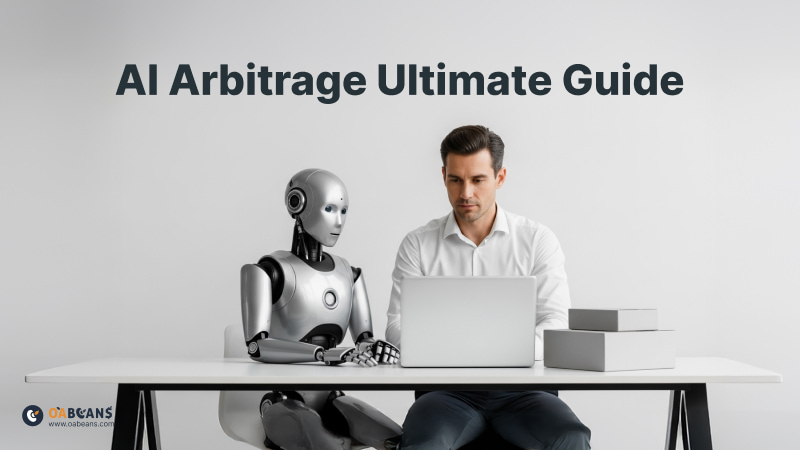
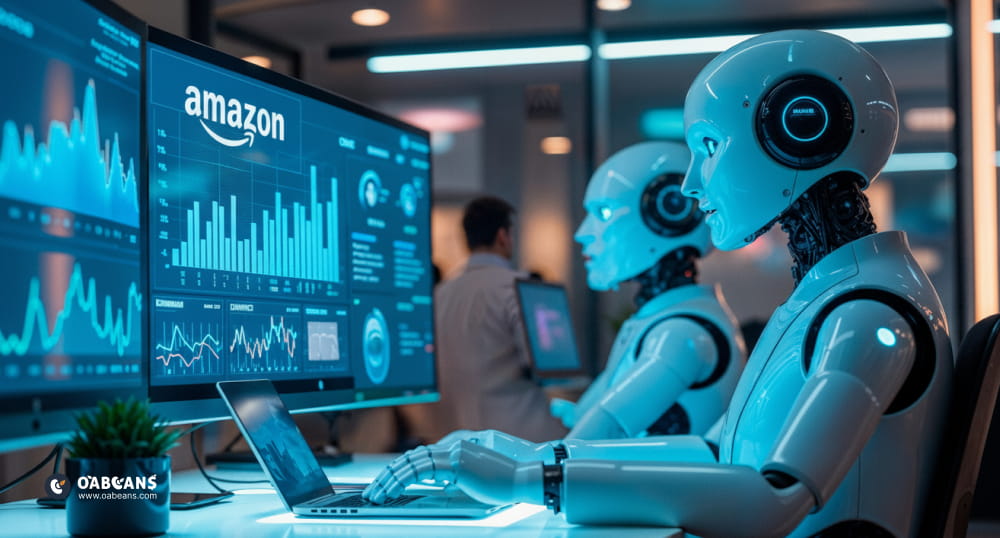
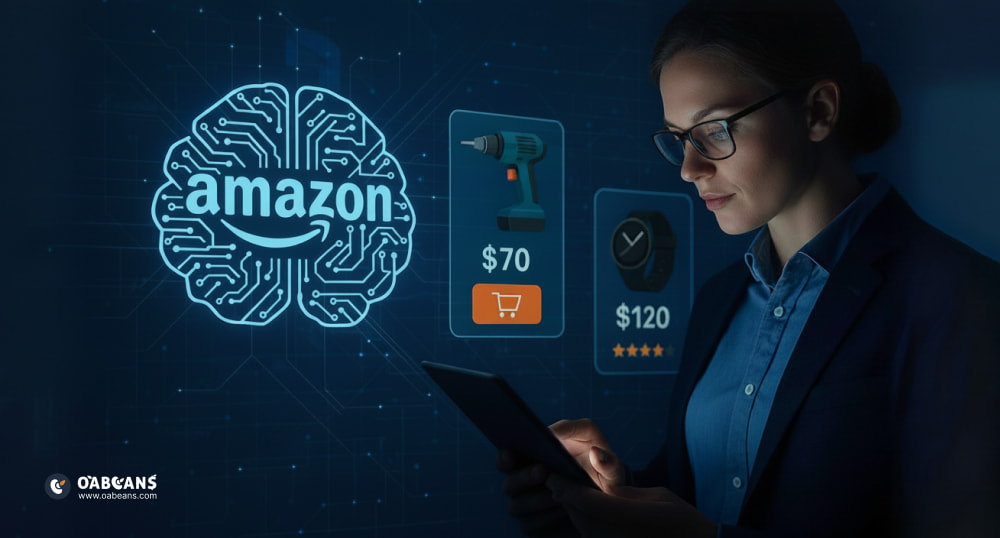

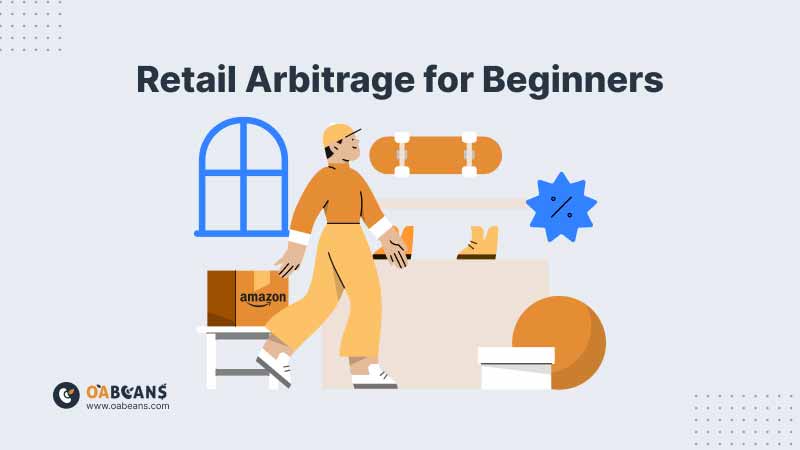
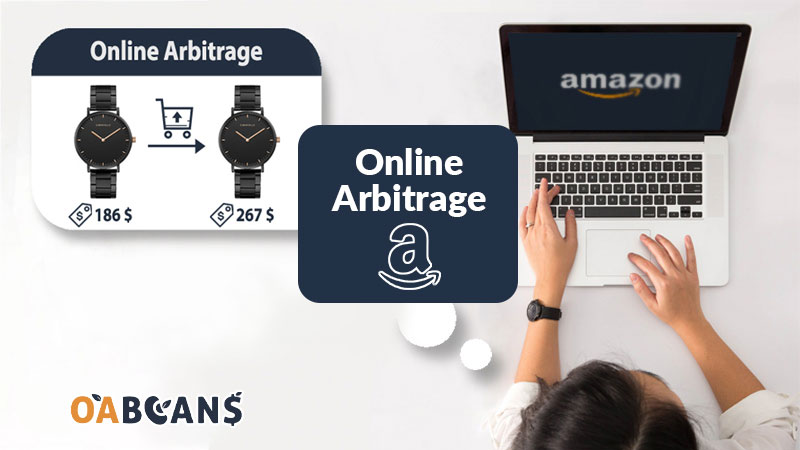
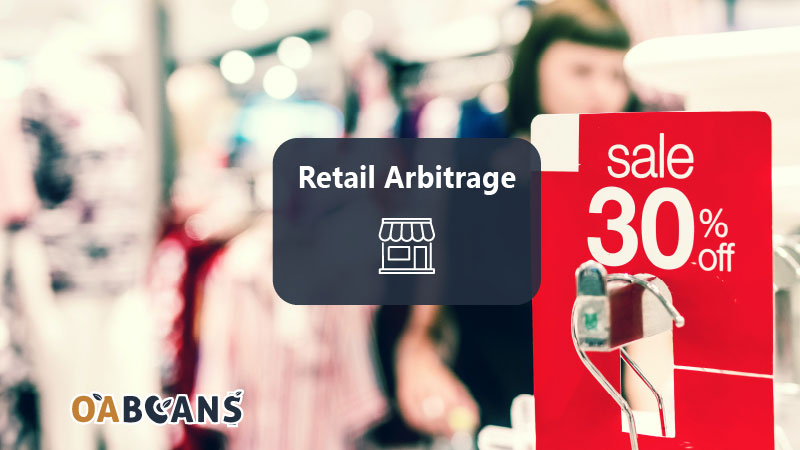
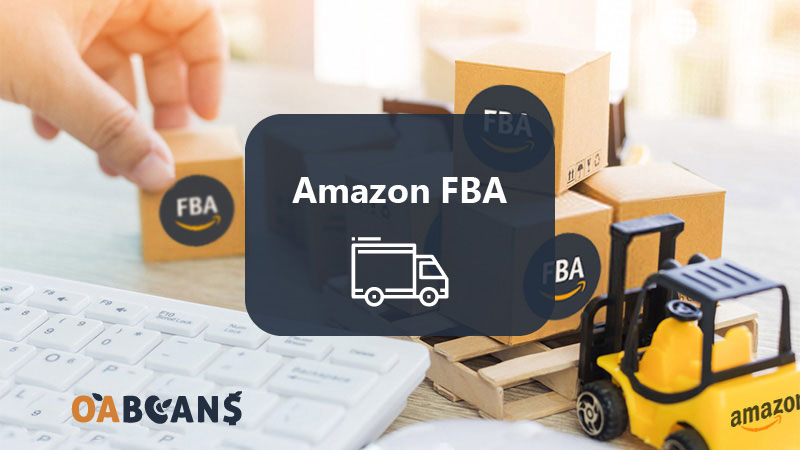







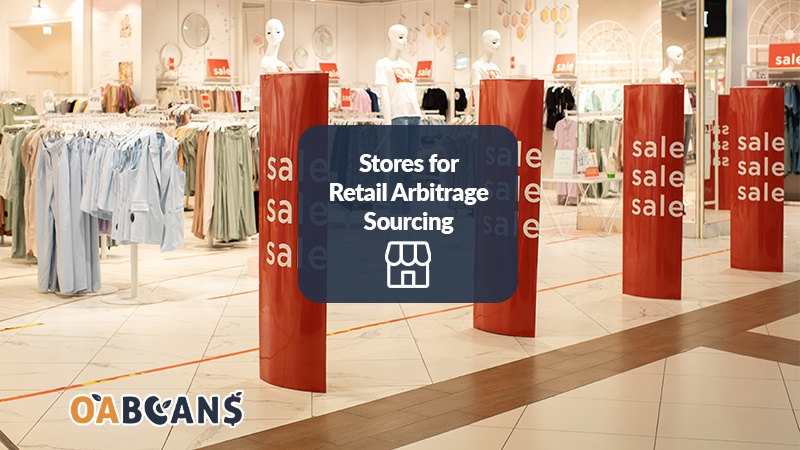



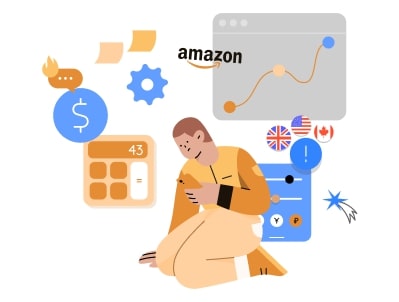

11 responses to “AI Arbitrage Ultimate Guide”
The constant learning and adaptation required in retail arbitrage keep the business dynamic and engaging, as you stay up to date with market trends and adjust your sourcing strategies accordingly.
Selling through Amazon FBA provides a level of trust and credibility to your business, as customers associate it with the reliability of Amazon.
The ability to offer Amazon’s hassle-free returns policy through FBA reassures customers and encourages them to make purchases with confidence.
With Amazon’s fulfillment network, resellers can expand their reach and offer products to customers across different regions.
Reselling on Amazon provides a fantastic opportunity to turn unused or unwanted items into a profitable business venture.
The FBA program streamlines inventory management, ensuring you have the right products in stock at the right time to meet customer demand.
The scalability of reselling on Amazon allows sellers to start small and gradually grow their business as they gain experience and profits.
Amazon’s fulfillment options, such as FBA, provide reliable and efficient shipping solutions for your retail arbitrage business.
Amazon retail arbitrage is an exciting and profitable strategy that allows you to find discounted products in retail stores and resell them on Amazon for a profit.
By optimizing product listings with effective keywords and compelling descriptions, retail arbitrage sellers can improve the discoverability and conversion rates of their products.
The FBA program provides sellers with access to Amazon’s advanced fulfillment technology, ensuring accurate and timely order processing.